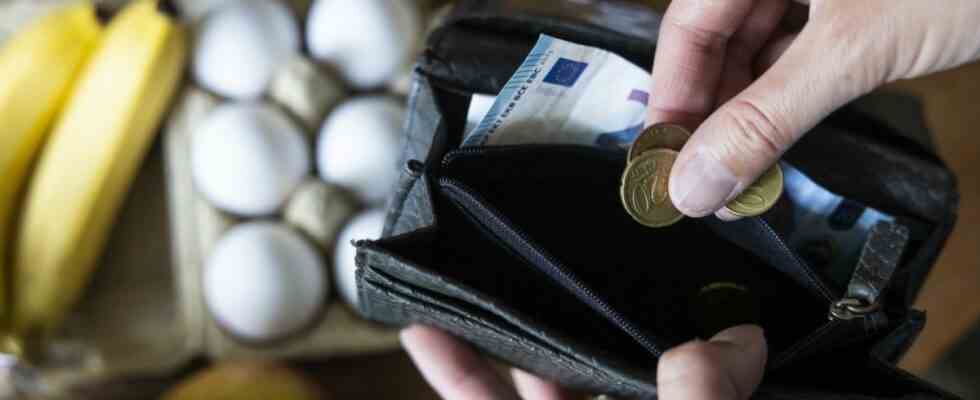In Germany, inflation at the manufacturer level has slowed down significantly, fueling hopes of a drop in high inflation. In October, producer prices rose by 34.5 percent year-on-year, according to the Federal Statistical Office in Wiesbaden. In the previous month, the rate was much higher at 45.8 percent. In a monthly comparison, producer prices fell by 4.2 percent. It was the first drop since May 2020.
Although energy prices are still rising sharply year-on-year, there is a noticeable relief in a month-on-month comparison. Although energy prices in October were 85.6 percent higher than a year earlier, they fell by 10.4 percent compared to the previous month. According to the statistics office, electricity and natural gas in particular were cheaper on a monthly basis, after prices had risen sharply in the previous months.
“A Spectacular Decline”
“A spectacular drop in prices after all those months of significant price increases,” commented economist Jens-Oliver Niklasch from Landesbank Baden-Württemberg. “Perhaps the first sign of some cyclical easing in price pressures.” However, the end consumers could not really be happy because the energy prices have fallen, especially for bulk consumers.
Economist Ralph Solveen from Commerzbank spoke of a sign of hope. However, the declining inflation is largely due to energy prices. For other goods, the year-on-year rate has decreased only slightly. “Today’s numbers give us hope that consumer prices will soon reach their highest inflation rate.” However, the problem of inflation is far from over.
In October, consumer prices in Germany were 10.4 percent higher than in the same month last year – the strongest increase since 1951. In German wholesale, the strong price increases had recently weakened significantly – the trend towards relaxation that can be observed could also reach consumers.
Decline comes as a complete surprise
Producer prices capture producer-level price pressure by reflecting producer selling prices. The development usually affects consumer prices, which the European Central Bank (ECB) bases its monetary policy on. In view of the high inflation, the ECB has, after some hesitation, raised its key interest rate significantly. Further rate hikes are expected.
“This was the first month-on-month price decline since May 2020 and at the same time the strongest since the survey began in 1949,” confirmed the Federal Statistical Office. The decline comes as a complete surprise: economists surveyed by the Reuters news agency had expected another increase of 0.9 percent.

